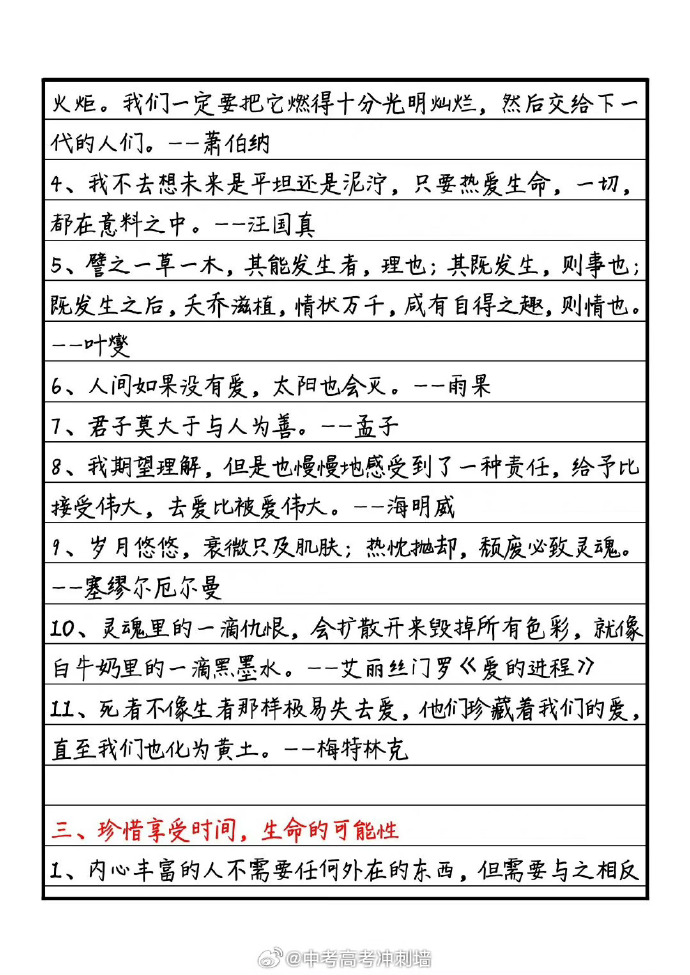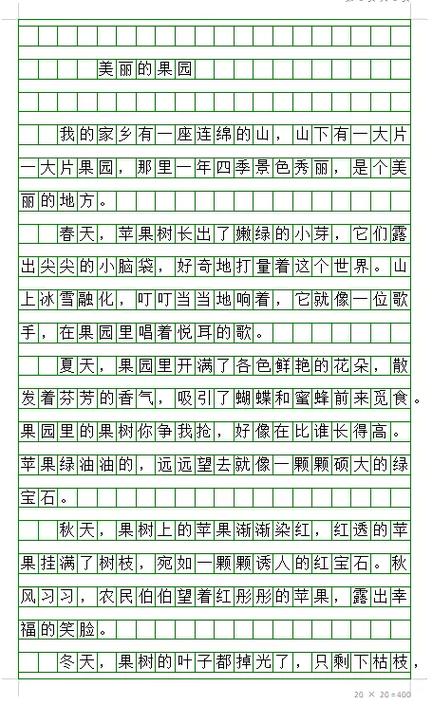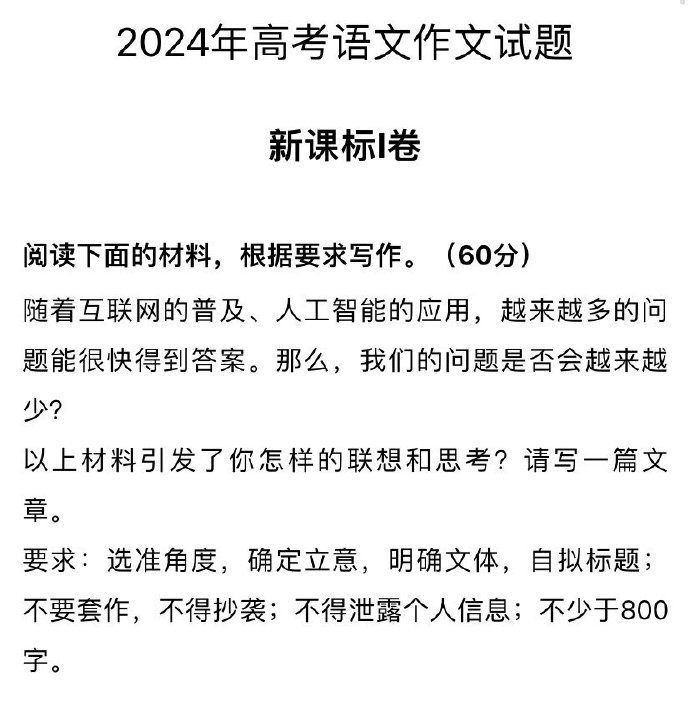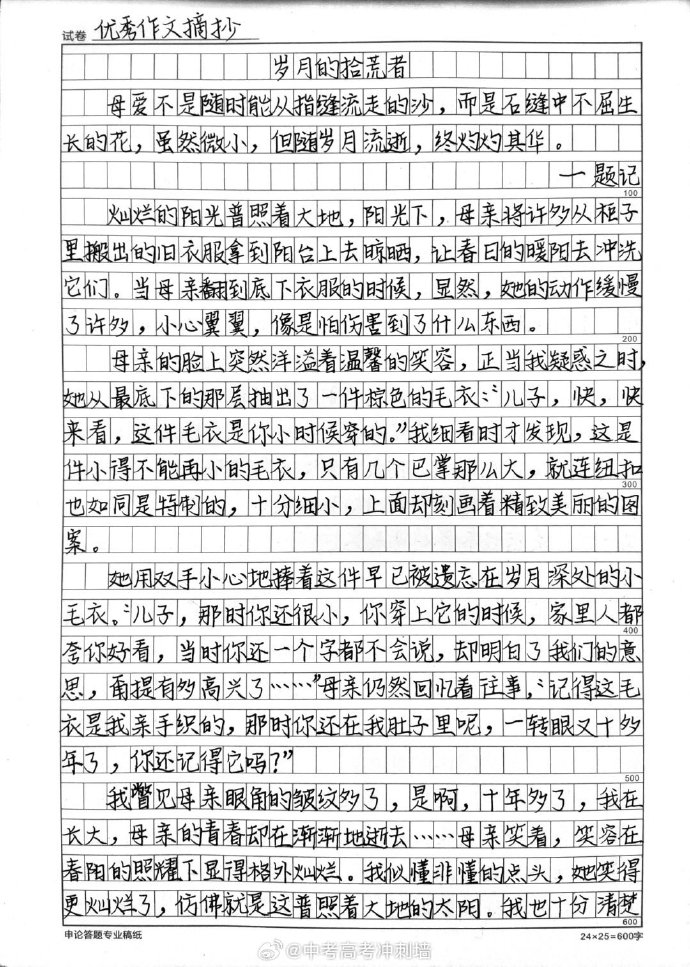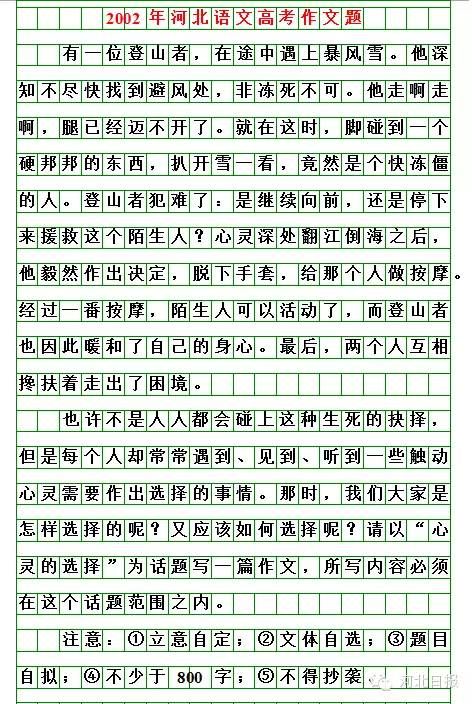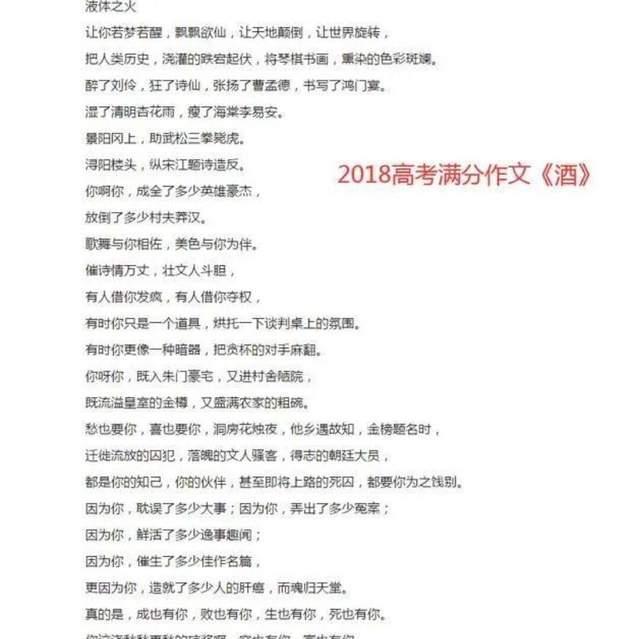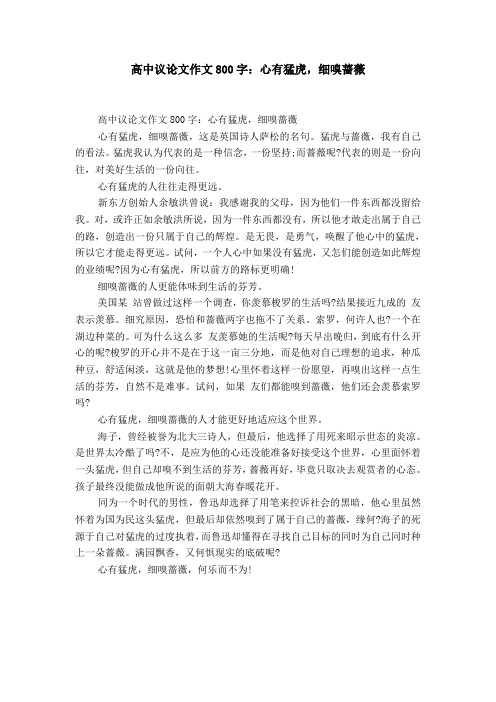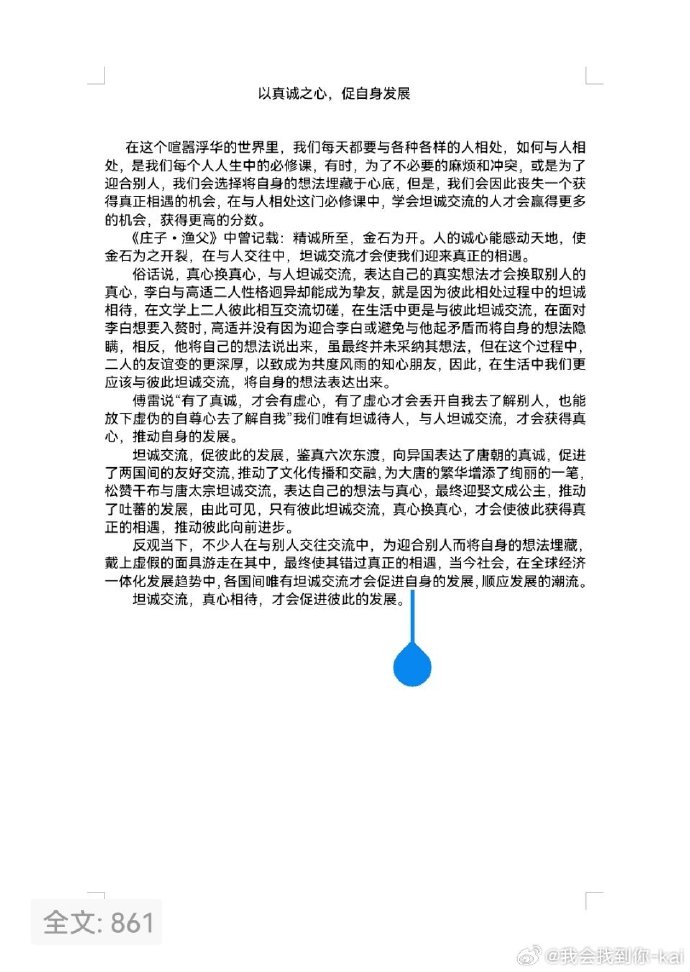As the clock ticks closer to midnight on New Year's Eve, many of us find ourselves reflecting on the past year and setting ambitious goals for the upcoming one. Writing a New Year's resolution in English can be an exciting way to outline our plans for personal growth or professional development. This article aims to guide you through the process of crafting a thoughtful and achievable New Year's plan, focusing on both personal and professional aspects. We will explore how to set realistic goals, break them down into actionable steps, and provide tips on maintaining motivation throughout the year.

Before diving into the detailed breakdown, let's first outline the key elements that make up a comprehensive New Year’s plan:
1.Self-Reflection
2.Goal Setting
3.Action Plan Creation
4.Accountability and Monitoring
5.Continuous Learning and Adaptation
Self-reflection is the foundation of any successful New Year’s plan. It involves taking stock of your achievements and areas for improvement over the past year. Spend some time journaling or thinking about what went well and what didn’t. This introspective exercise helps you understand your strengths and weaknesses, as well as your values and long-term aspirations. For instance, if you were able to maintain a healthy lifestyle but struggled with work-life balance, this might indicate a need to focus more on time management skills next year.
Next comes goal setting – the heart of your New Year’s initiative. When formulating goals, it's essential to ensure they are specific, measurable, attainable, relevant, and time-bound (SMART). Start by identifying one or two primary objectives that align with your self-reflection findings. For example, if improving work-life balance is crucial for you, setting a goal like "Spending no more than 8 hours per day at work" would be more effective than a vague statement such as "I want to have a better work-life balance."
Once your goals are established, creating an action plan becomes necessary. Break each goal into smaller tasks or milestones that can be accomplished step-by-step. For instance, if your goal is to learn a new language, you might plan to dedicate 30 minutes daily to study, attend language workshops once a week, and engage with native speakers via online platforms. Having a clear roadmap not only makes the journey less daunting but also allows you to celebrate small victories along the way.
Accountability and monitoring are critical components of achieving your New Year’s goals. Share your plan with a friend or family member who can offer support and encouragement. Alternatively, joining a community or finding a mentor who shares similar ambitions can provide additional motivation and accountability. Regularly reviewing your progress – perhaps monthly – can help you stay on track and adjust strategies if necessary. Tools like habit trackers, progress journals, or apps designed for goal setting can also facilitate this process.
Finally, continuous learning and adaptation are vital for long-term success. The path to achieving your New Year’s resolutions may not always be smooth; unexpected challenges or changes in circumstances could arise. Being adaptable means being open to reassessing your goals and modifying your approach if needed. Embrace feedback, seek advice from others, and remain flexible enough to embrace new opportunities for growth. Remember, progress, not perfection, is the ultimate aim.
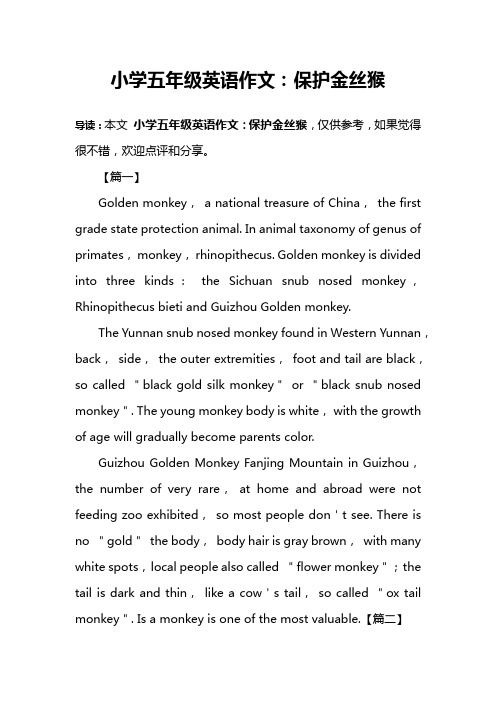
By integrating these principles into your New Year’s planning, you can create a roadmap for personal and professional development that not only inspires but also sustains motivation throughout the year. Whether your resolutions involve academic advancement, career growth, fitness goals, or personal enrichment activities, the journey towards achieving them starts with thoughtful preparation and dedication. As you embark on this new chapter, may your efforts lead to fulfilling accomplishments and meaningful experiences that contribute to a happier, more balanced life in the year ahead.
推荐阅读》未经允许不得转载:» 我的新年计划英语作文(新年英语计划作文)

 佰一阅读网
佰一阅读网


